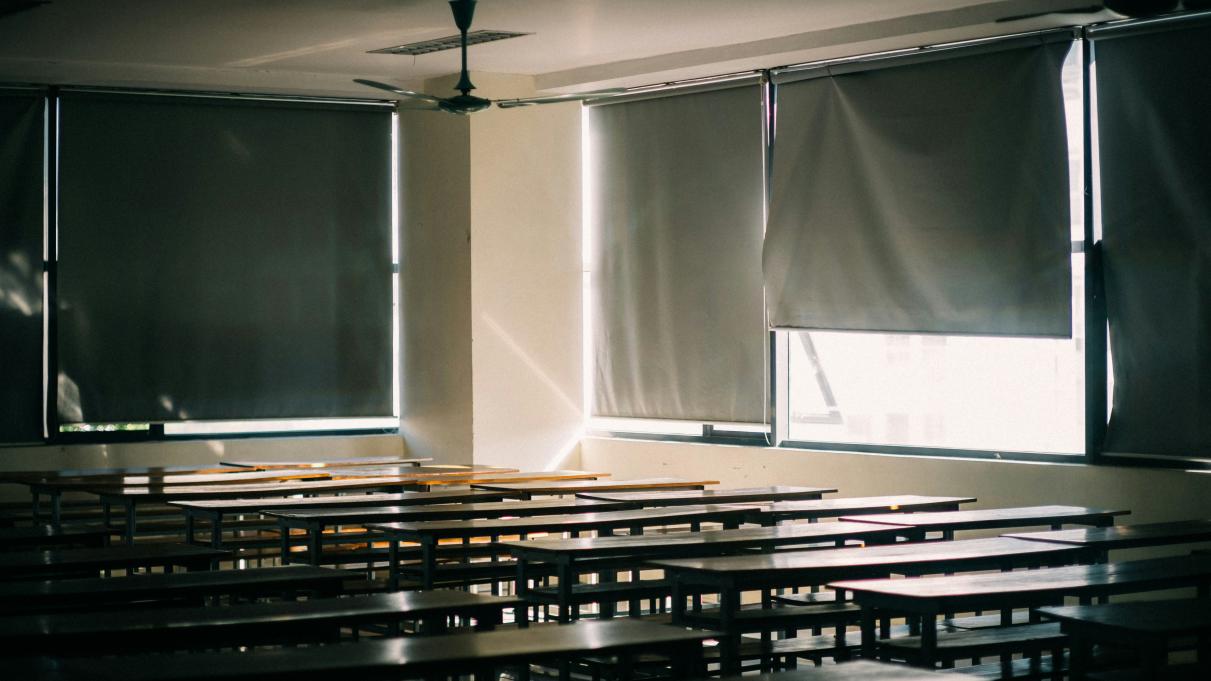
Please note: this piece includes sensitive topics that some people might find difficult, including sexual assault. Please visit our Resources Page for help.
According to a study conducted in 2020, an estimated 41% of individuals in Pakistan report experiencing some form of sexual abuse during childhood. Pakistan is a conservative society marked by strict social segregation, which can build up frustration and tension, especially among young people at a time when emotions run high. From what I have observed, children are often overly shielded from everyday realities in an effort to protect their innocence. Meanwhile, many parents of the previous generation paid little attention to the dangers posed by smartphones, as long as these devices kept their children occupied and calm after a hard day’s work. This combination has left a large number of the young population without proper guidance or understanding when it comes to sex. As a result, a young person is given access to a multitude of sources that may overwhelm and shock them, simply because their parents refuse to discuss these matters, deeming such conversations perverse or vulgar.
I remember as far back as third grade when children would bring up the topic of sex. The discussions were filled with complete and utter nonsense about what it even was. Nobody understood it. It just happened to be something that excited them. Over time, the discussions became more and more extreme, and our minds began to be desensitized. Objectification became a normal thing. Even when I knew in my heart that what I was saying was completely wrong, I still strove to fit in one way or another.
Having softer features than the rest of the kids at an all-boys school made me a subject of objectification. Never did I imagine myself in such a situation before; I didn’t understand how people could act like this. It was my very own classmates who were part of it. Suddenly, it all hit home. Getting harassed physically and verbally became the norm. Anxiety and constant terror skyrocketed. My grades plummeted, and so did my self-esteem. I had hated going to school all my life, but this was the time when I hated it more than anything. I never told anyone what was really going on in my head and shut myself off. Only when the group of kids that harassed me left the college could I breathe properly. The feeling of being perceived as some “other” continued far into the later grades.
Thinking back on those moments, it’s clear how stories like mine highlight the broader gaps in guidance and education faced by many young people in Pakistan—gaps that contribute directly to vulnerability and harm. Sexual crimes sadly, often receive insufficient attention and are sometimes tacitly normalized in certain contexts. Some harmful practices have long historical roots, though the persistence today is driven by complex cultural, social, and systemic factors. Even men who are religious or seen as respectable have been implicated in such offences, highlighting the widespread nature of the problem. One of these key systemic failures is the lack of comprehensive and open sex education, leaving many without a clear understanding of boundaries or consent.
This is an extremely worrying issue that affects millions of men, women, and children in Pakistan. To end such deeply rooted abuse, society needs to revive its moral compass through long-term awareness and education campaigns. Victims should know they are not alone, and reaching out to trusted people can help them find a way forward. Sadly, sometimes the very people who should protect children end up harming them.
However, this problem goes beyond individual families—it is an epidemic caused by silence, shame, and a system that often fails to protect children. When kids don’t have safe spaces to ask questions or get help, it’s not surprising that some grow up without understanding boundaries, consent, or how to express love in a healthy way. The damage from abuse doesn’t stop with the act itself; it stays with people and affects their future relationships, healing, and what they see as normal.
We are raising children in a society where showing affection is often discouraged, yet violence has become common. The word “sex” is treated as taboo, but sexual abuse happens silently and sometimes even goes unchallenged. Victims frequently endure shame alone, while those responsible often remain protected by culture, religion, or neglect.
What’s most troubling is how normalized this has become. Stories of abuse circulate, reports are published, numbers shared, but few seem to pay attention. If the struggles of thousands of children who experience abuse every year don't already move us, what will? What kind of future do we create when generations grow up believing silence and pain are just part of life?
We don’t only need laws; we need a cultural shift, people who are brave enough to face these difficult truths. Among these truths must be the recognition that open, honest, and comprehensive sex education is vital to prevention and protection. Until that happens, we will keep seeing more children harmed and silenced, with too many dreams and futures broken before they can even begin.
Support Young Creators Like This One!
VoiceBox is a platform built to help young creators thrive. We believe that sharing thoughtful, high-quality content deserves pay even if your audience isn’t 100,000 strong.
But here's the thing: while you enjoy free content, our young contributors from all over the world are fairly compensated for their work. To keep this up, we need your help.
Will you join our community of supporters?
Your donation, no matter the size, makes a real difference. It allows us to:
- Compensate young creators for their work
- Maintain a safe, ad-free environment
- Continue providing high-quality, free content, including research reports and insights into youth issues
- Highlight youth voices and unique perspectives from cultures around the world
Your generosity fuels our mission! By supporting VoiceBox, you are directly supporting young people and showing that you value what they have to say.





